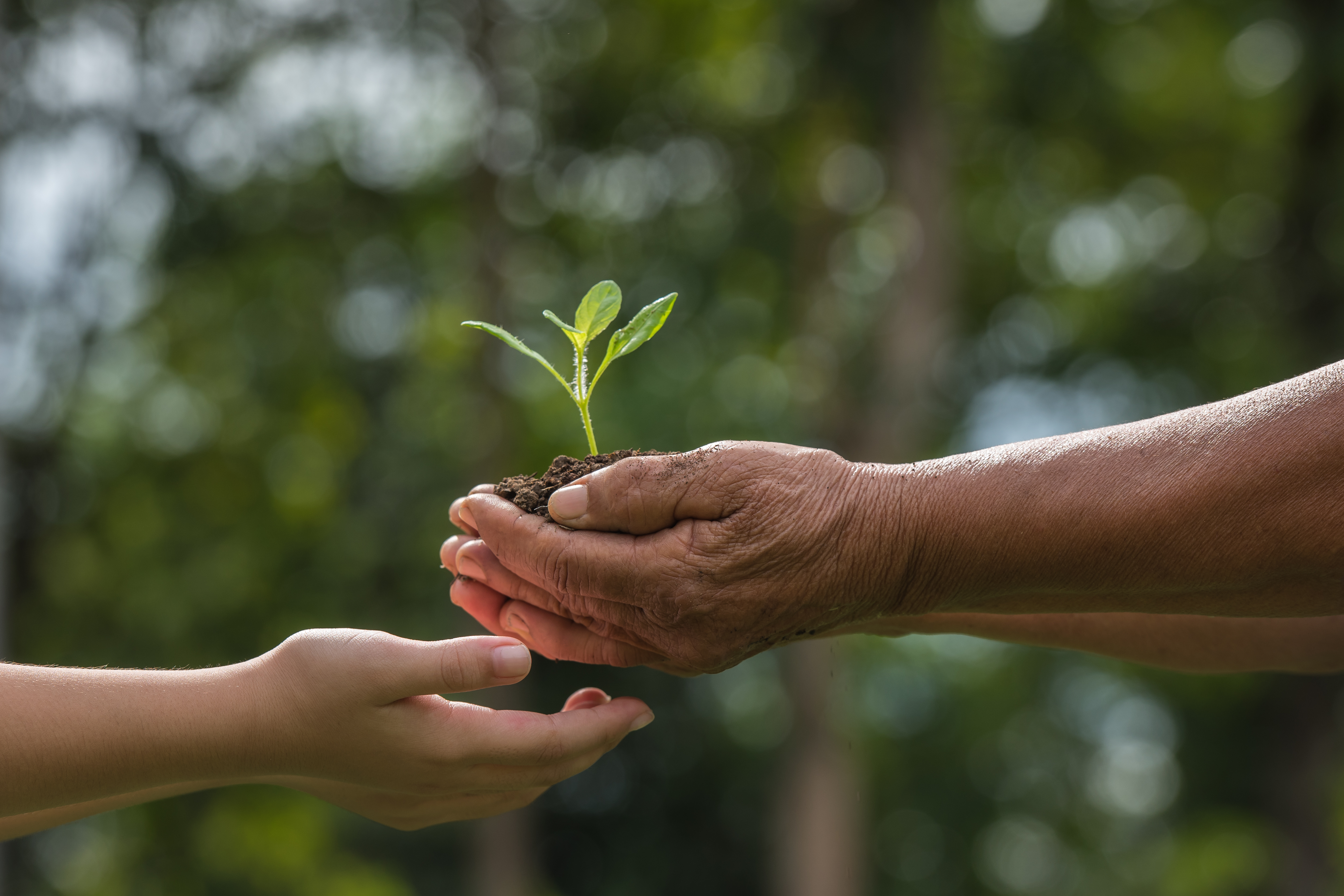
The COVID-19 pandemic and the resulting lockdown period have posed huge challenges to most of us. For some the consequences have been – and still are – overwhelming, shocking… there simply aren’t enough adjectives. Charities and social enterprises have witnessed growing and changing needs in the communities they serve, combined with a drop in large-scale fundraising. Their ingenuity has been tested to the limit as they battle to keep operating and responding. Yet in the midst of all of that there are positives… if we can but see them. Reflecting on conversations with charity leaders and others in the sector friends, three stand out for me: First, we have a lens through which to see more clearly people’s need; second the pandemic is acting as a catalyst for change bringing with it a new sense of urgency and possibility that allow change to happen at pace; and third, we have an opportunity to embed that change through permanent shifts in policy and approach.
These three elements together form a silver lining in the very darkest of clouds – meaning those seeking to create real, lasting social impact can find the openings we’ve all been seeking.
Why are these elements important, and how can we use them?
Working with others to assess needs and outcomes for individuals and communities in a variety of areas, we have seen that needs are currently more visible. The lens of lockdown has cleared away the fog of inequality and other distractions that mask what is really happening in people’s lives…and, by implication, the effectiveness of the interventions developed to help them. There are two sides to this. Whilst it is true that some have suffered more than others during lockdown – those in poverty unable to feed themselves and their families, for example – we have all been in lockdown, and we have all had to change aspects of our lives. We have all had to face our vulnerability and rely on others for support. Secondly we have looked more closely at the difficulties others are facing, with the clearing of the fog around our own lives.
Since early March we have seen change happening at a pace not witnessed in living memory. The Government has been funding wages whilst legislating to keep us indoors and to close businesses. Further legislation is managing aspects of the banks’ credit processes, preventing debts from mounting. Digital communication has entered all of our lives in a big way, pollution has fallen, and the concept of daily commuting to work has probably changed for ever. Lockdown has been a catalyst for change of both mindsets and practices. What we thought was immutable, isn’t. We are trying new ways of doing things – as individuals, in communities, and at work – and this is particularly clear in the social sector. Instead of anguishing – sometimes for years – over whether to try something new, we’ve been trying new solutions to address the difficulties that are thrown at us – and monitoring and refining them as we go. New ideas work, or they fail quickly and we figure out what would work better. Time is of the essence and we adapt and manage with what resources we have – we have no other option. Whether it’s Formula 1 teams redesigning ventilators to make them cheaper and more efficient, emailed photos and telephone consultations by dentists and vets, or schools and mental health services delivering online, we are discovering new ways of doing things. New funding lines are also coming forward from all sorts of sources – traditional grantmakers, social banks and the mainstream commercial funders too – and we are seeing more flexibility than first appeared in how those funds are applied.
Which brings us to the opportunity. We can see more clearly than before what is needed, and how to focus what we do to help. The people, communities and organisations around us are expecting and embracing change. The level of innovation and the speed at which it’s being tried and pushed forward is staggering. To cap it all it appears that central and local government, public services agencies and funders are all open to new ideas. It is up to us as a sector to step up – to take the opportunity to lead, not just in calling out what is needed, but in delivering and shaping the response to meet it.
Now is the time. Time for ideas to be tried and refined; for policy and practice to adapt to what’s needed. It is the time for engaging with new partners in service delivery and for making change happen; for embracing the resources on offer from enthusiastic communities of volunteers, and for harnessing that for the longer term. It is the time for new focus of funding and new structures for sharing that and other resources.
Now is the time to look closely, learn well, stand up and take action….. for good.
Jim Clifford OBE






